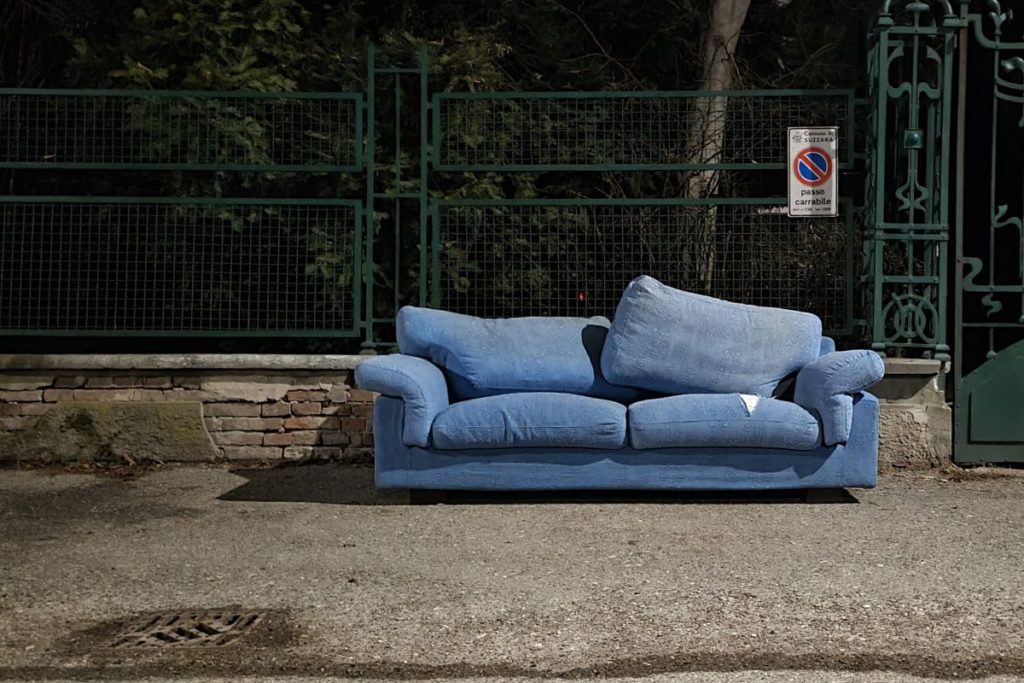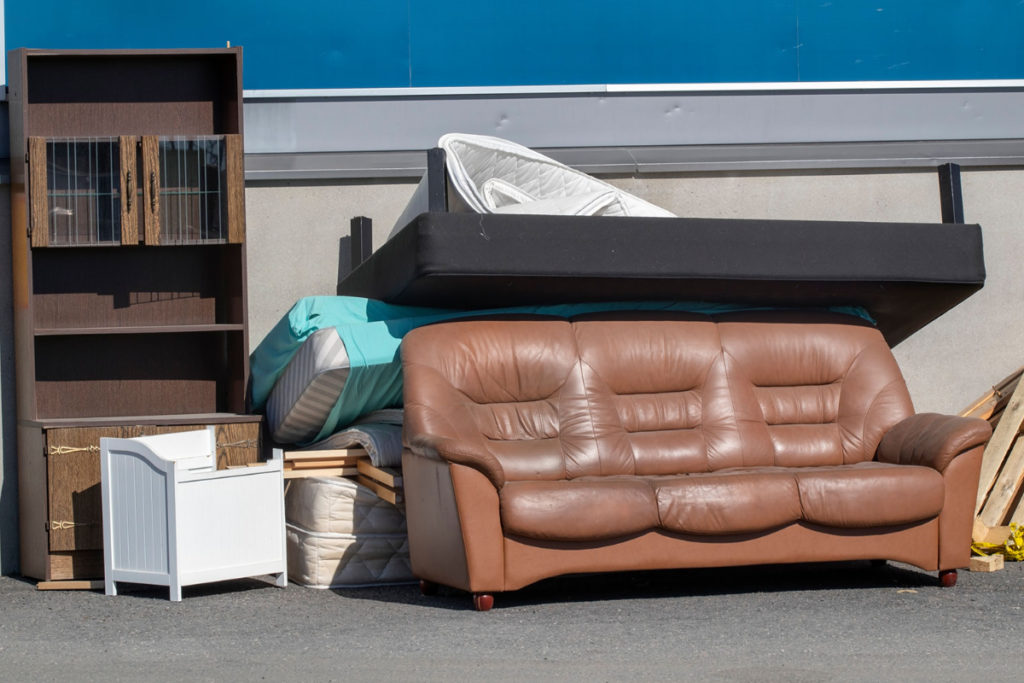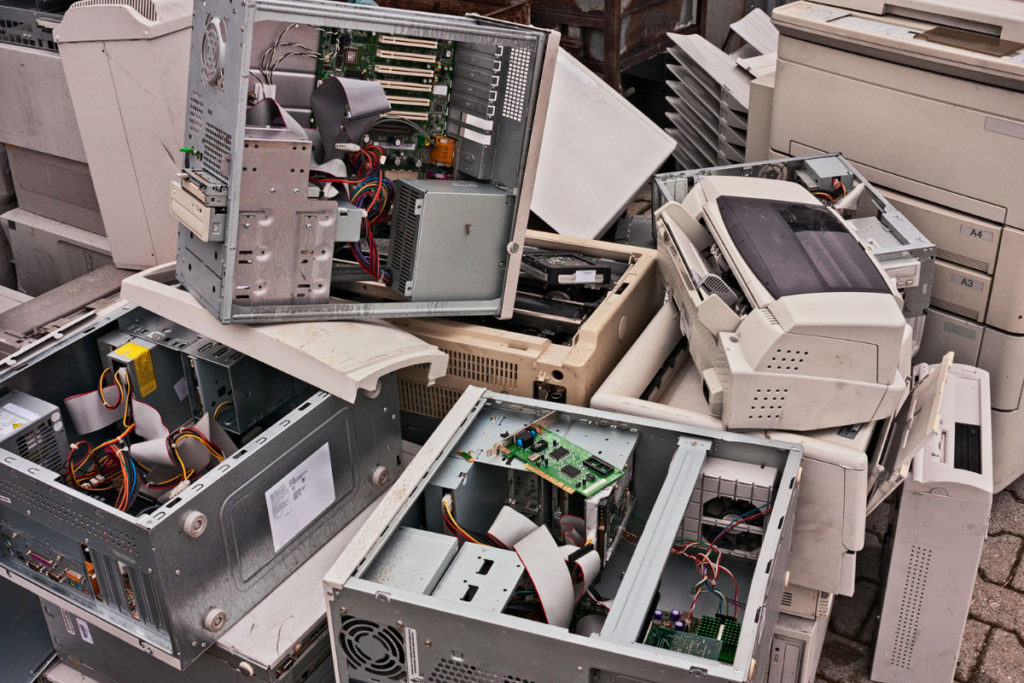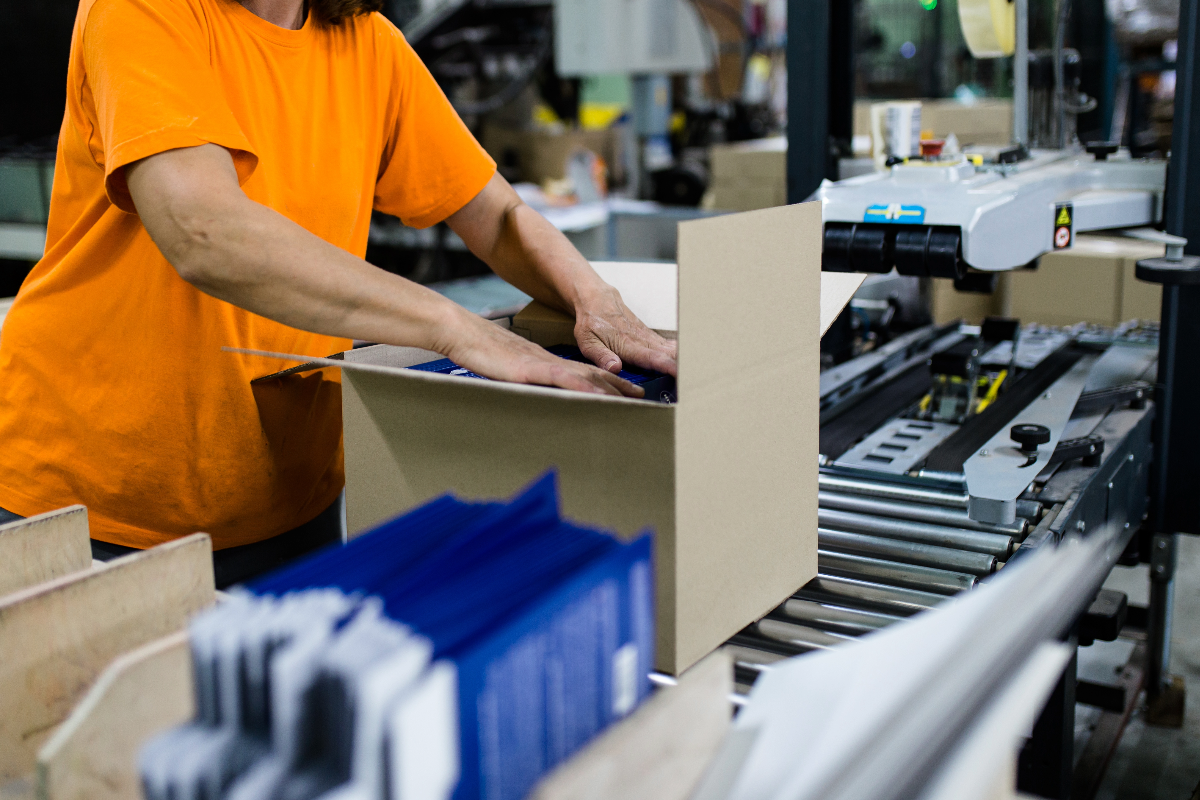BLOG
POPs: What you need to know

If the waste you’re producing contains persistent organic pollutants (POPs), it will need to be treated differently to ensure everyone’s safety. But what are POPs and how can you make sure that you’re disposing of any waste containing POPs safely?
What are POPs?
Persistent organic pollutant (POPs) are organic substances that are found in the environment. This substance is poisonous and found in a variety of different things, such as pesticides and industrial chemicals. They accumulate in the fatty tissue of living organisms and can be transferred by wind and water so can easily work their way into our food chain and environment. If they do, it can cause long term health effects for humans and the environment, making it hazardous.
What contains POPs?
POPs are most commonly found in a lot of upholstered seating, such as sofas or armchairs, because of the processes that used to be used to make them. Manufacturers previously used a fire-retardant chemical, called decabromodiphenyl ether, to make sure that all your soft furnishings are fire-retardant in line with the Fire Safety Standards. This chemical contains POPs, so a lot of your older soft furnishing may contain the substance through that. However, this has been slowly phased out over the years. So, any furniture bought after 2019 should not contain any fire retardants with the harmful substances present.
POPs are also found in a lot of WEEE waste. Anything from cables to printer cartridges have been known to contain the substance. Similar to soft furnishings, it’s slowly been phased out in the manufacturing process. Therefore, any electrical goods manufactured after 2009 are less likely to contain any of the harmful substances.


What are the laws regarding POPs?
POPs regulations have been in place since 2007. These regulations made it illegal to market or produce POPs in the UK. However, some imported items had some chemicals present until around 2019. The Government has since announced, on January 1st, 2023, that any waste containing this substance can no longer be sent to landfill and will need destroying or incinerating.
Usually, when you’re trying to dispose of your soft furnishings, they’ll need to be separated from any of your other waste. This is so that any waste containing POPs can be identified and disposed of correctly and safely.
What should you do if your waste contains POPs?
If you’re producing waste, it’s part of your duty of care that you know if any soft furnishings contain POPs. This means that you’ll need to ensure that any soft furnishing waste is segregated and disposed of correctly. You should be able to check on the import documentation whether your waste contains the substance or not. If you can’t pinpoint exactly, you’ll need to assume that it does. When completing the waste transfer note, you’ll need to make it clear that the waste contains the hazardous substance to keep everyone involved in the process safe. There’s no specific EWC code for it. So, you’ll need to use the EWC code that you think best fits the items you’re disposing of.
What happens to waste containing POPs?
Because of it’s potentially harmful materials, it’s illegal to reuse or recycle any waste containing POPs. This is to protect the health of humans and the environment. The waste will need to be sent to a facility that is authorised to dispose of the waste correctly and safely.
However, there is a route for recovery available with waste containing POPs. If you can destroy the harmful substance in the waste, an operator can then recycle or reuse the remaining parts of waste. There’s also the option for any waste containing the harmful chemicals and substances to be used for waste to energy.
Contact us
If you think your site has waste containing POPs, our team of waste experts will be able to help you to ensure that your waste is disposed of correctly, safely and in line with every legislation. We’ll provide guidance on how to store and dispose of your hazardous waste to keep everyone safe. Get in touch with our team today to learn more.




